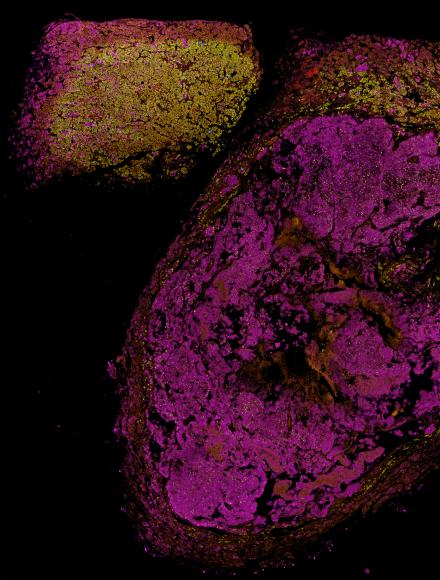
Overview
The human pituitary gland is a master regulator of the hormonal milieu in health and disease. Pituitary gland is the site of sporadic adenomas (benign tumors) in up to 35% of the general population. Despite its small size (~500mg), adenomas of the pituitary comprise 20% of all primary brain tumors managed by clinicians. Adenomas can cause hormone excess or compression of surrounding brain structures. Despite the prevalence of pituitary adenomas, their underlying mechanisms are poorly understood, and recurrence or progression to aggressive phenotypes remains a significant concern. The overarching goal of our research is to understand the mechanisms underlying pituitary adenoma formation and progression to identify novel therapeutic targets and improve patient outcomes. We aim to provide a comprehensive understanding of the molecular and cellular processes in pituitary adenomas and create personalized treatment strategies using omics-based approaches, benchtop models, and clinical pipelines.
